Grazing towards growth: solving farming challenges in Nigeria
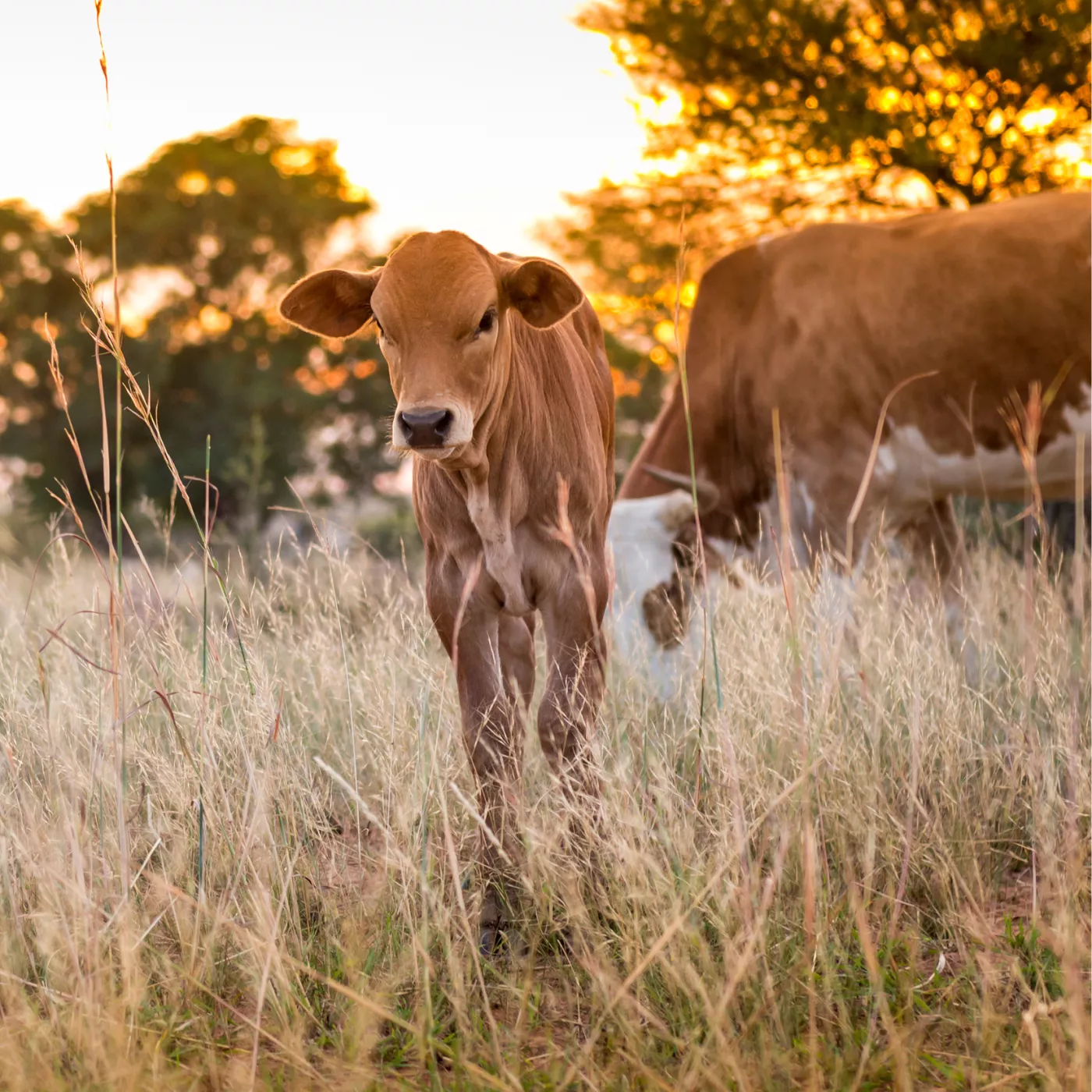
Local conflicts
In many countries across Africa, dairy farming presents great chances for economic development and youth employment. However, economic opportunities in farming livestock don’t come without challenges. How do all animals get enough to eat? Who decides whose livestock is allowed to use fields when a country is coming from an open grazing concept? As a challenging matter, this often results in violent conflicts between farmers and cattle herdsmen on the use of fields. With climate change and the increase of drought, the need for solutions increases. A training initiative in Nigeria of the Orange Knowledge Programme gives an example on how to deal with the challenge, alumni of the initiative share the importance of what they learned.
A classroom of universities, farmers and ministries
The training programme was an initiative of Aeres University of Applied Sciences in collaboration with the University of Ibadan and Kwara State University in Nigeria. Both universities in Nigeria were looking for strengthened curricula, and saw the added value of a training to improve the management of grasslands (pasture), feed technologies, and conflict resolution. To increase the impact of the initiative, and to really assist in conflict resolution, staff from the Ministry of Agricultural and Rural Development of Nigeria were included in the training. Spanning three weeks, the training covered a range of topics, including feed production systems, conflict resolution strategies, dairy cattle nutrition, and climate change mitigation measures. Participants, including government officials, educators, and agricultural practitioners from farms, gained invaluable insights and skills that they were eager to apply in their respective fields. Three alumni on their experiences.
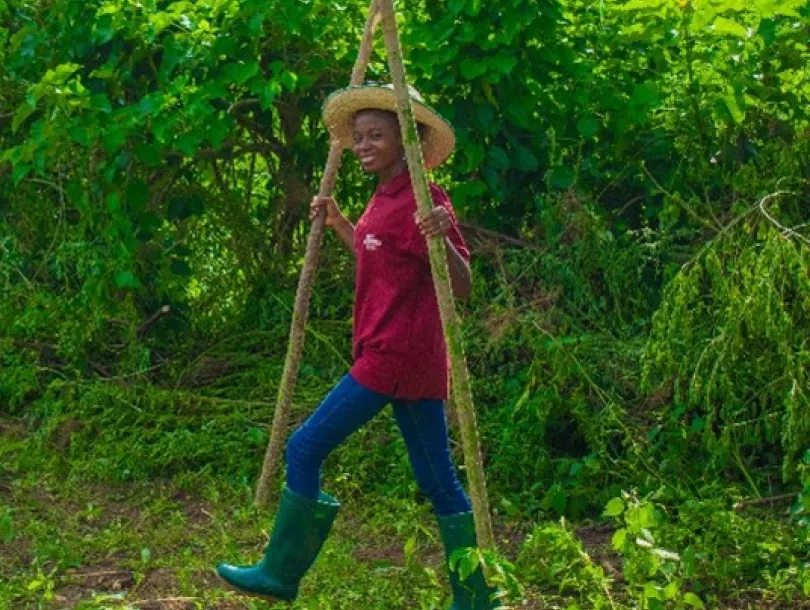
Governance aid to farmers
Toyosi Jolayemi, a Senior Livestock Officer at the Ministry of Agriculture and Rural Development in Kwara State: “My goal was to enhance my expertise in dairy production and integrated agricultural practices, enabling me to provide valuable guidance to farmers, transforming their businesses into thriving enterprises. The curriculum really equipped me with essential skills to manage economic benefits, control costs, and uplift the farming community."
"The training helped me with the practical knowledge of dairy management which helps me to give advice to farmers in my State.”
Strengthening students
Ridwan Olarewaju Imam, a lecturer in the Kwara State University: “Despite being a passionate educator and farmer, with knowledge in agricultural sciences and animal husbandry, my connection to practical farming had been limited until I became involved in this transformative training. I recognize the potential to bridge the gap between academia and real-world farming practices.
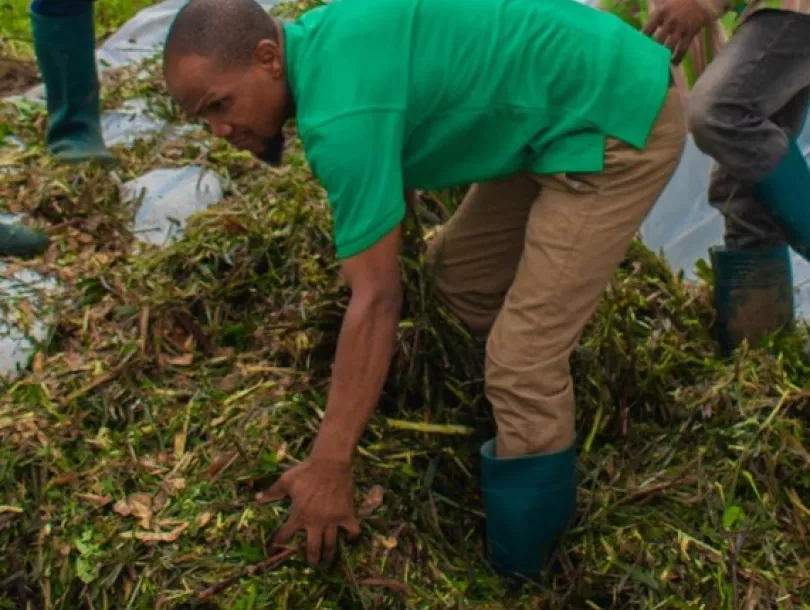
The TMT programme has armed me with valuable insights into modern cattle farming techniques. I have learnt about the fodder crops and grasses suitable for the conditions in Nigeria and their production strategies, management of suitable forage crops including preservation, grazing and range management systems, gender and youth integration in livestock farming, farm economics and economics of fodder production, dairy cattle nutrition management, conflict resolution between sedentary and nomadic livestock farmers, mechanization of fodder production and livestock farming as well climate change, contribution of livestock farming to greenhouse gas emissions and methods to mitigate impact of climate change and measures which can be taken to reduce greenhouse gas emissions on livestock farms. I am working on integrating my experiences into the university lectures, enriching the curriculum with practical insights."
"My students will be inspired by this success and will gain invaluable hands-on knowledge, transforming them into a new generation of agricultural leaders.”
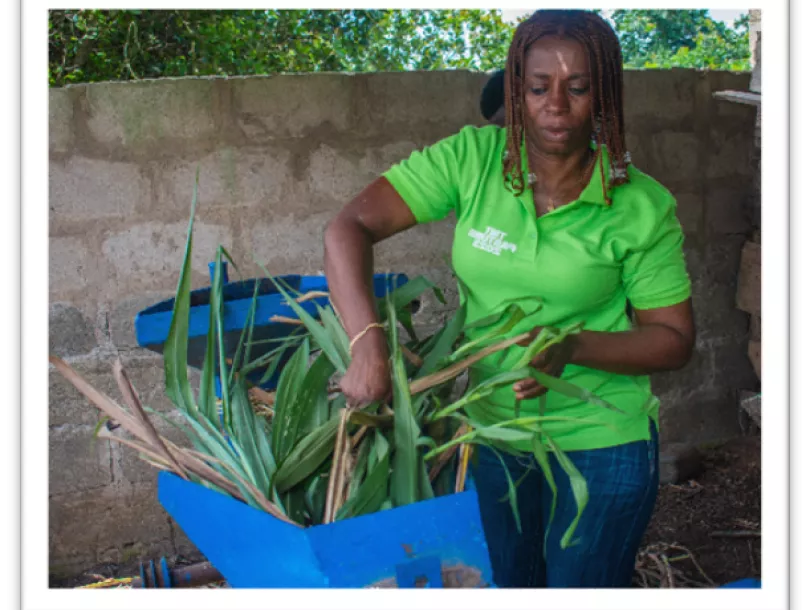
Bringing solutions to farmers
Akinloye Olubukola, a female Animal Scientist working with Oyo State Government as a policy maker on Animal Husbandry issues. “Not long ago, a law was passed in Oyo State to prohibit open grazing. The need for pasture development became necessary to manage grasslands.
The training has really equipped me with practical knowledge on pasture technologies which will in turn help me to give advice to the State Government. I have already been assigned to organize a training for cattle farmers in the State on fodder technologies. I also championed the formation of an ‘Association of pasture growers’ in Oyo State to encourage pasture establishment and production in order to create a fodder market from where landless farmers can access fodder all year round.”
Sustainable growth
Looking to the future, the impact of the training promises to extend far beyond its initial cohort of participants. With the ‘Forage Production Curricula’ of Ibadan and Kwara State University being adapted and improved as a result of the training, the ripple effects of this training will be felt by more than 200 students annually. Moreover, as representatives from large-scale dairy farms and government ministries transfer their newfound expertise to colleagues and farmers alike, the potential for widespread change grows exponentially. These efforts are not confined to the training room; they have the power to shape education, policy, and practice in addressing conflicts between herders and settled farmers. As partnerships between universities and government agencies continue to flourish, opportunities abound for transformative change that will enrich livelihoods, empower communities, and drive sustainable growth across Nigeria's agricultural landscape.
Impact of this initiative
- Strong collaboration between education, local governments and private sector.
- 2 universities strengthened.
- 2 local governments strengthened.
- 21 trainers, teachers and educators trained.
- ‘Forage Production Curricula’ improved at 2 universities, reaching 200+ students a year.
More on this training
- Programme: Orange Knowledge Programme
- Financed by: Ministry of Foreign Affairs of the Netherlands
- Instrument: Tailor-Made Training
- Collaborating organisations: AERES University of Applied Sciences, University of Ibadan, Kwara State University, Ministry of Agriculture and Rural Development in Kwara State, and the Ministry of Agriculture in Oyo state.
- Budget: 69,972 euros
- AKVO reports: Pasture and fodder technologies for improved cattle production, youth empowerment and reduction of farmer-herdsmen conflicts in Nigeria
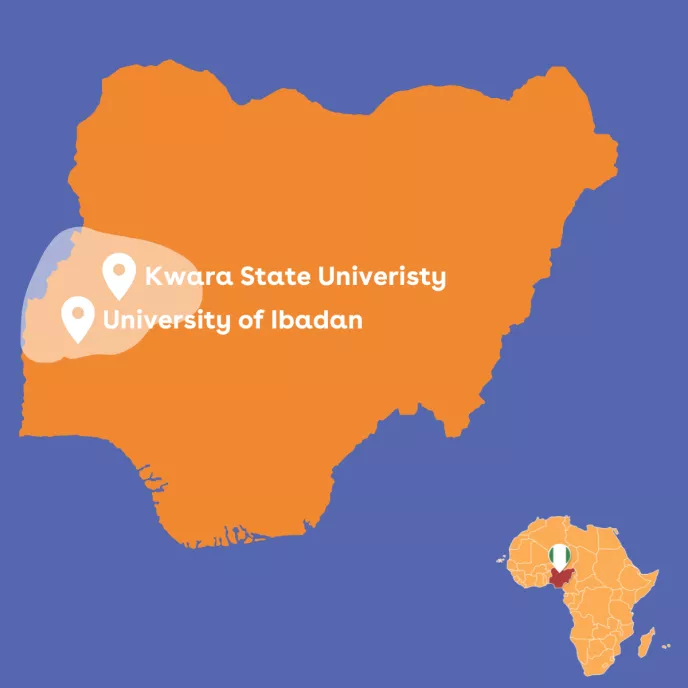
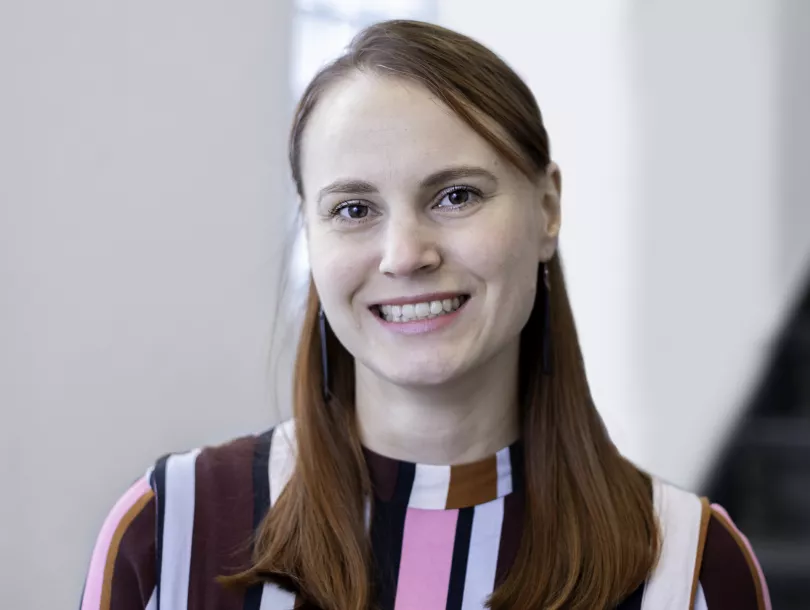
Want to know more on this initiative?
Contact Ms Marijn van Grunsven, Coordinating Programme Manager Group Trainings (TMT+ and TMT) and Country Manager for Nigeria.
E-mail: mvangrunsven@nuffic.nl